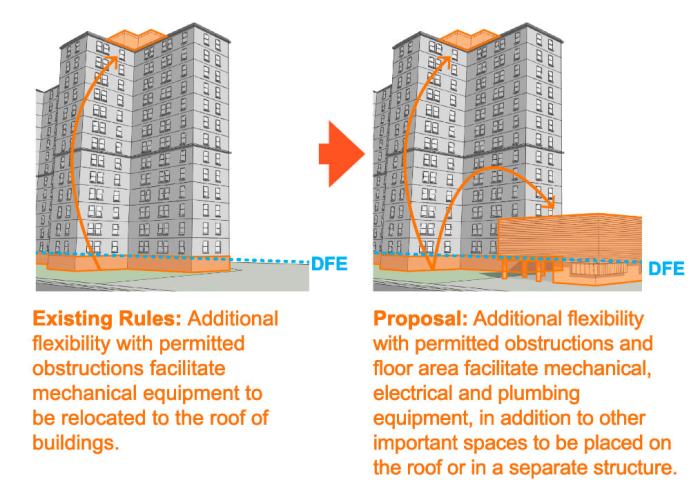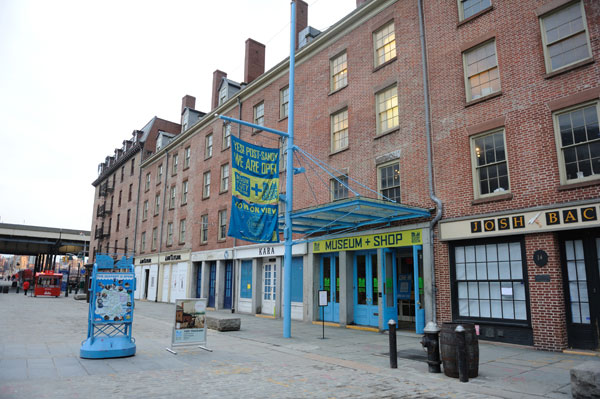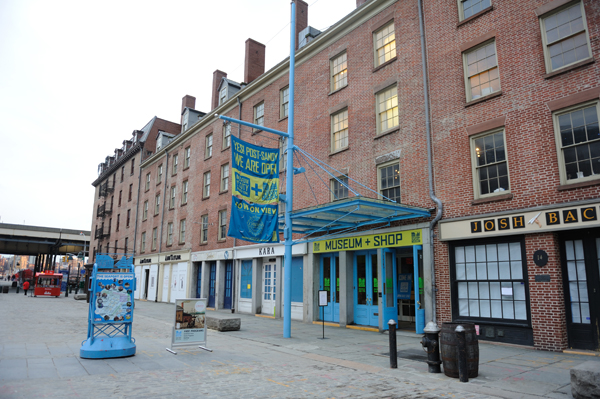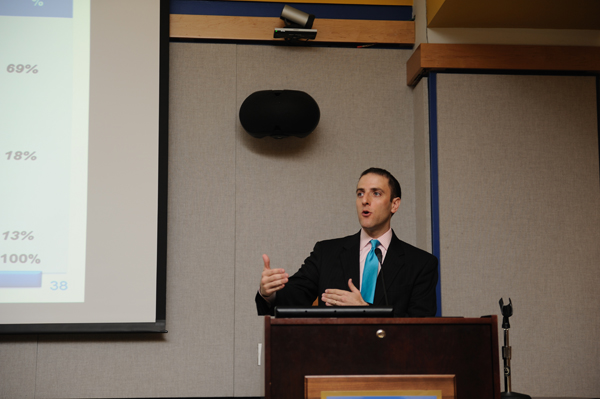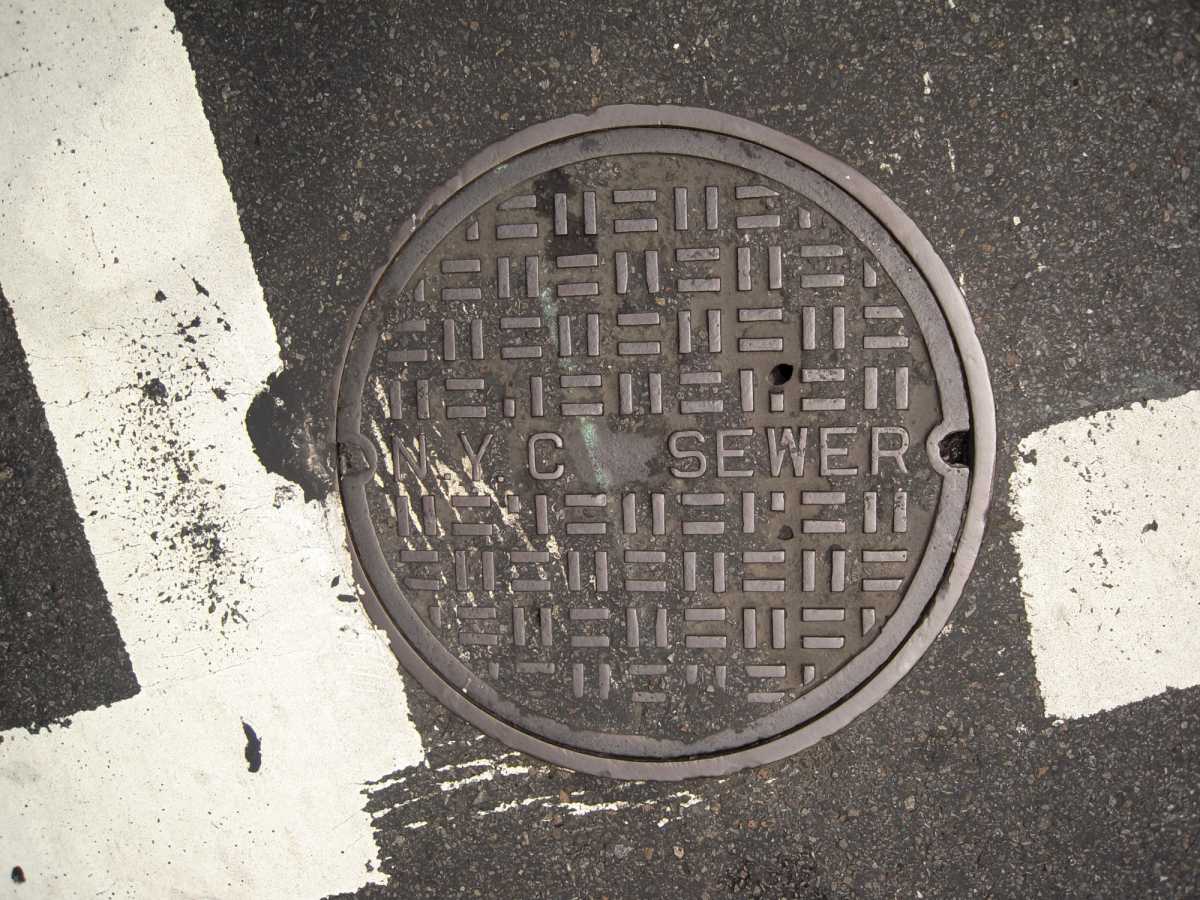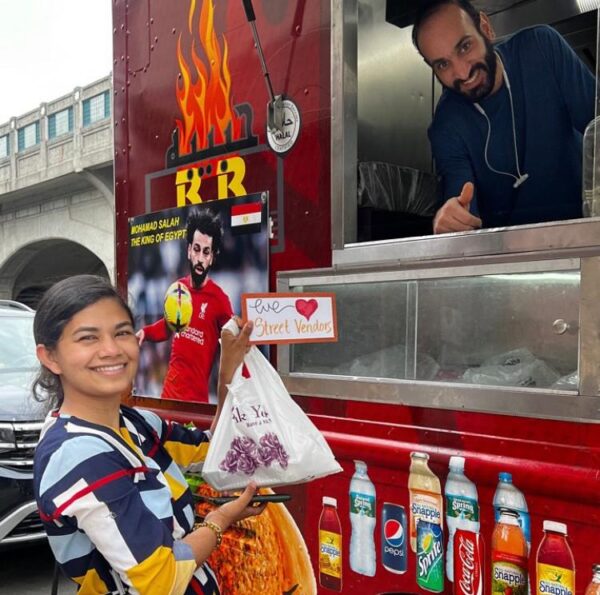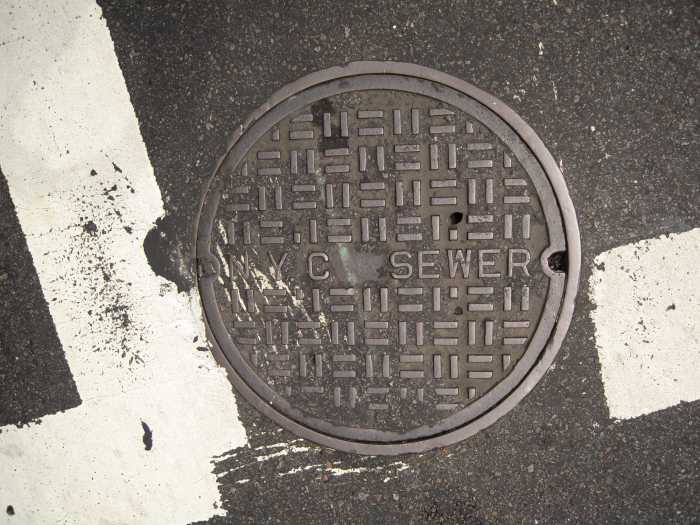Almost exactly five years after it experienced devastation from Hurricane Maria, New Yorkers are now banding together to provide additional relief for the people of Puerto Rico during the aftermath of Hurricane Fiona.
Mayor Eric Adams also announced that the city had deployed emergency management specialists to help with recovery efforts.
“We call Puerto Rico our sixth borough, and as Hurricane Fiona leaves behind a path of destruction, our administration stands ready to provide all of the support and aid our brothers and sisters need,” said Adams. “Based on initial reports, we are also looking at possibly readying a larger multi-agency team to deploy in the coming days. We are in constant contact with those on the ground and are determining how we can be most helpful in the days and weeks ahead.”
Following an official announcement from Governor Kathy Hochul regarding how the state will provide aid to Puerto Rico as the island is barraged by Hurricane Fiona, local community groups and organizations have begun to accept donations to help Puerto Ricans rebuild.
PRxPR
PRxPR is a non-profit organization dedicated to helping critically-affected communities. 100% of proceeds go directly to aid and relief funds, focusing particularly on food/agriculture, clean water and renewable energy initiatives.
“Our main commitment is to invest 100% of donations amongst the most critically affected communities, the Fund’s short and long-term humanitarian goals focus on food/agriculture, clean water and fuel/renewable energy initiatives,” said Hilda Pacheco of PRxPR. “It is entirely made up of volunteers so when we say 100% of donations go to those who need it it is the actual truth. There is absolutely no overhead costs involved. At this moment we have launched our on the ground volunteers and are in close contact with the community leaders which we have been training since Maria to complete an assessment of which are the immediate needs right now. We have activated our fund raising efforts and are very grateful to see that our donors are responding with genuine desire to help. “
To date the organization has delivered over 32,000 hot meals to children in need and over 92,000 pounds of food to the elderly. To learn more or find out how you can donate, visit prxpr.org/funds-at-work.
Diaspora for Puerto Rico
DiasporaXPuertoRico is a 501(c)(3) organization based in NYC that aims to strengthen the Puerto Rican community and the organizations that serve them in New York. DiasporaXPuertoRico was created by Puerto Ricans for Puerto Ricans who have relocated from the island and may still have family and loved ones residing there.
The organization is also accepting donations for Hurricane Fiona relief by searching GoFundMe, and to learn more about DiasporaXPR, visit diasporaxpuertorico.org.
Stronger than Maria
Formed by retired teacher and U.S Army veteran Tuto Perez Aviles, Stronger than Maria started when Aviles was stranded on the island during the aftermath of Hurricane Maria in 2017. Since then, the organization has donated over 800,000 pounds of food, water and supplies, rebuilt 519 homes that were impacted by the hurricane and distributed 20 pallets of COVID-19 personal protective equipment.
“Less than 1% of funds donated are used to cover operational expenditures,” said Aviles. “Our ability to build partnerships that serve the community is a critical part of our approach.”
Hispanic Federation
Another NYC-based non-profit, Hispanic Federation has over 25 years of service dedicated to the Hispanic and Latinx communities throughout the United States. Their annual Take Action for Puerto Rico campaign is dedicated to aiding the people of the island following the devastation from Hurricane Maria and now Hurricane Fiona. To make a donation for Hurricane Fiona relief, and to help aid reconstruction efforts, visit the website hispanicfederation.org/fionahelp.
“Without the alliance of organizations like [the] Hispanic Federation, it would have been very difficult to lift our people up,” said Puerto Rican resident Roberto Viqueira Ríos. “From the start, the most consistent aid came through community organizations.”



